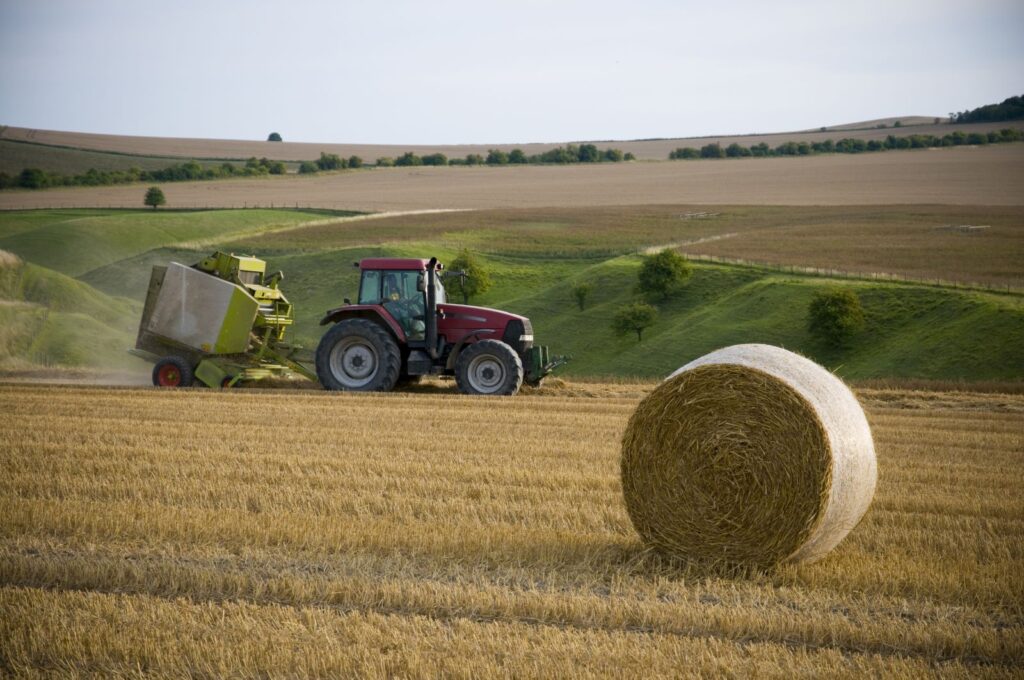HSE reports highest workplace fatalities in agriculture sector
28th September 2023
The latest figures from the Health & Safety Executive (HSE) report that, between April and June 2023, the UK agriculture sector has seen more workplace fatalities than any other sector and continues to have the highest rate across all workplaces.
Agriculture is known for having the poorest safety record of all industries in the UK, accounting for 18% of all workplace fatalities despite employing just 1% of the population (July 2023 figures).
The latest statistics reveal farming, forestry and fishing were responsible for 12 out of the 27 work-related deaths between April and June this year, an alarming rate considering there were 21 fatalities in the sector for the entirety of last year.
Tom McNeill, partner at law firm BCL Solicitors, commented: “Today’s workplace fatality figures show that April to June this year was a particularly severe quarter for UK agriculture, with 12 fatalities.
“This, sadly, reflects an ongoing trend in the sector for having the highest fatal accident rate compared to other industries.”
Mr McNeill went on to say that the latest statistics are a concern for employees as well as farm business owners in terms of the consequences that may follow a fatal accident.
Like other businesses, farms must also comply with rigorous health and safety guidelines, with unlimited fines and imprisonment possible for those failing to do so.
“What sets agriculture apart from many other industries is that over half of farms are sole traders, and often business owners and managers are involved in day-to-day operations.
“Following a fatal accident, this means an increased risk for farmers of being prosecuted for manslaughter; and for farms that are operated through a corporate entity an increased risk of corporate manslaughter,” he warned.
“For individuals, a manslaughter conviction will likely mean a significant prison sentence. For organisations, corporate manslaughter means higher fines than even draconian health and safety penalties, and for smaller organisations a greater risk of being fined out of existence.”
The above risks may affect how farmers wish to structure their businesses, he continued, with a case involving a fatal accident requiring robust defence from the get-go.
“A proactive and strategic approach will mitigate the risk of corporate manslaughter, and protect individuals from the risk of prosecution, as well as mitigating health and safety risks for organisations,” Mr McNeill said.
The latest quarterly fatal injury figures are available to download at hse.gov.uk/statistics/fatalquarterly.htm

